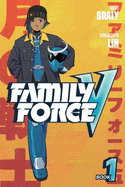Supreme Court Hears Oral Arguments in Anti-LGBTQ+ Story Book Case; PRH and Others File Friend of the Court Brief
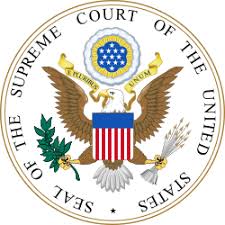 Yesterday, the Supreme Court heard oral arguments in the case of Mahmoud v. Taylor, involving a group of parents who sued the Montgomery County (Md.) school district seeking to opt their children out of elementary school lessons that include story books with LGBTQ+ characters, arguing that not being able to opt out violates their religious beliefs. While justices' questions and comments don't necessarily indicate how they will vote, the conservative majority "signaled support" for the parents, according to the AP. A decision is expected in a few months.
Yesterday, the Supreme Court heard oral arguments in the case of Mahmoud v. Taylor, involving a group of parents who sued the Montgomery County (Md.) school district seeking to opt their children out of elementary school lessons that include story books with LGBTQ+ characters, arguing that not being able to opt out violates their religious beliefs. While justices' questions and comments don't necessarily indicate how they will vote, the conservative majority "signaled support" for the parents, according to the AP. A decision is expected in a few months.
The books at issue are Pride Puppy! by Robin Stevenson, illus. by Julie McLaughlin (Orca), Uncle Bobby's Wedding by Sarah S. Brannen, illus. by Lucia Soto (little bee books), IntersectionAllies: We Make Room for All by Chelsea Johnson, LaToya Council, and Carolyn Choi, illus. by Ashley Seil Smith (Dottir Press), My Rainbow by DeShanna Neal and Trinity Neal, illus. by Art Twink (Kokila), Prince & Knight by Daniel Haack, illus. by Stevie Lewis (little bee books), Love, Violet by Charlotte Sullivan Wild, illus. by Charlene Chua (Farrar, Straus and Giroux Books for Young Readers), and Born Ready: The True Story of a Boy Named Penelope by Jodie Patterson, illus. by Charnelle Pinkney Barlow (Crown Books for Young Readers).
Earlier this month, Penguin Random House, the Educational Book and Media Association, and the Authors Guild filed an amicus curiae brief supporting the school district. The friend of the court brief states in part that the parents "view books as instruments of indoctrination. They cloak their claims in the rhetoric of coercion--'compelling instruction designed to indoctrinate'--but there is no evidence in the record that any students are being compelled to affirm a belief contrary to their religion. Instead, the alleged 'indoctrination' is merely that educators have included books with LGBTQ characters and themes in a language arts curriculum. Petitioners argue that the mere exposure to books that represent this community violates their free exercise rights under the First Amendment."
The brief argues that creating an opt-out procedure, which the school district used to have and found "administratively infeasible," would "effectively result in censorship" because the district's "only viable option will be to remove diverse story books and other potentially objectionable texts from the curriculum, rather than be forced to implement an impractical opt-out system. In short, would-be censors will have succeeded in subverting the free speech rights of the rest of the school community, in the name of protecting the purported free exercise rights of a few members of the school community. Such a result is anathema to the exercise of both freedom of religion and freedom of speech, which require tolerance of dissenting viewpoints."
The brief also said, "The mere inclusion of a book in a public school's curriculum cannot be, on its face, coercive. For example, it is perfectly appropriate for a high school history teacher to assign students to read Mein Kampf and write a rebuttal, but not to demand a defense of it. Context matters. It also defies logic to assert that simply reading a story book is tantamount to conversion to the author's values. Reading The Communist Manifesto does not require one to become a Marxist. And, no matter the epic poet Homer's timeless brilliance, reading The Iliad does not compel worship of Zeus. Similarly, reading the story books does not compel anyone to adopt their perspectives if their personal conscience dictates otherwise. Love, Violet does not compel anyone to adopt or endorse its perspective on the intensity of friendships between young girls. And reading Born Ready does not compel adoption or endorsement of its characters' views on gender identity.
"These books remain the speech of their authors, not the government. Any theory that mistakes mere exposure to ideas with forced indoctrination is inconsistent with the First Amendment's free speech guarantee. Anyone--including children--can read about characters and events beyond their experiences, even if they disagree with the themes or characters in the story."
Penguin Random House v-p and associate general counsel Dan Novack commented: "We are proud to publish a wide range of books reflecting many viewpoints, and we stand with our authors. We ask the Supreme Court to recognize the expertise of professional educators and allow students to see themselves and their neighbors in books."









 Jinny Amundson, owner of Old Fox Books, was one of many Annapolis-area residents and Naval Academy alumni who were upset about the situation. The Washington Post reported that recently "the
Jinny Amundson, owner of Old Fox Books, was one of many Annapolis-area residents and Naval Academy alumni who were upset about the situation. The Washington Post reported that recently "the 
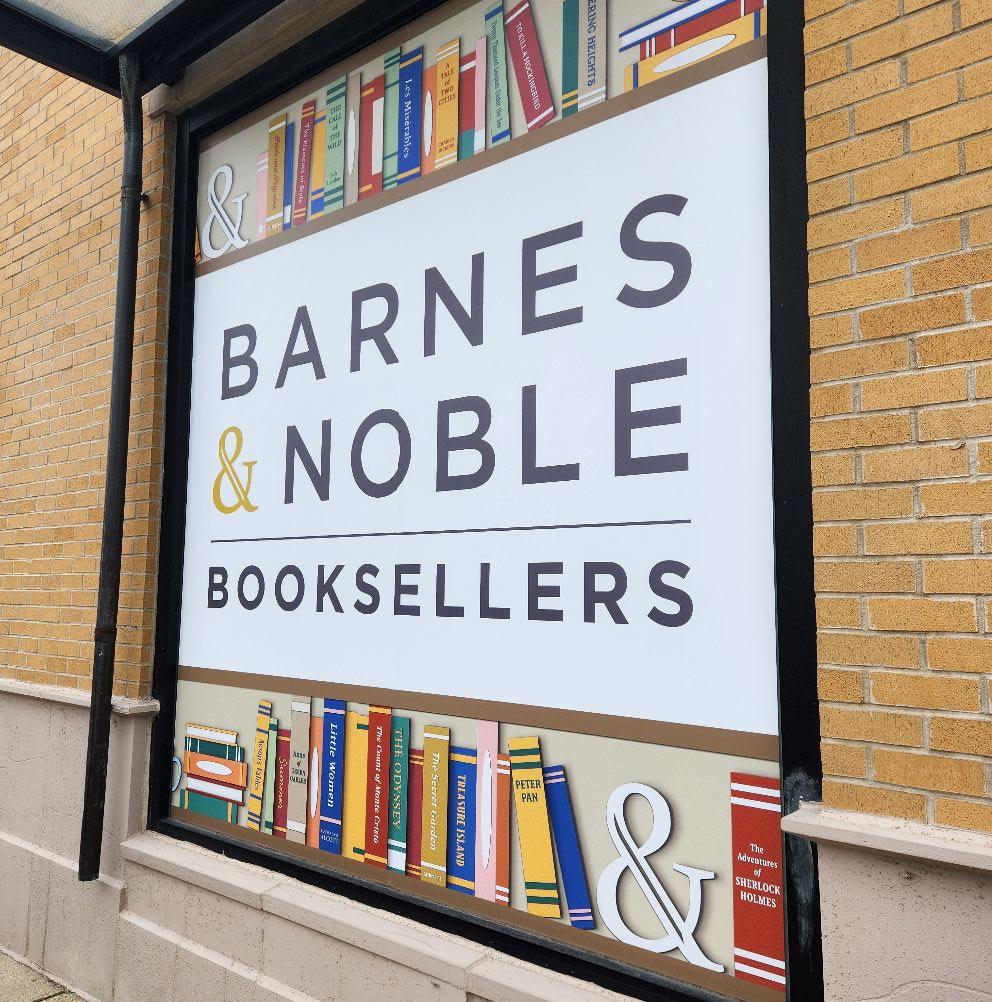
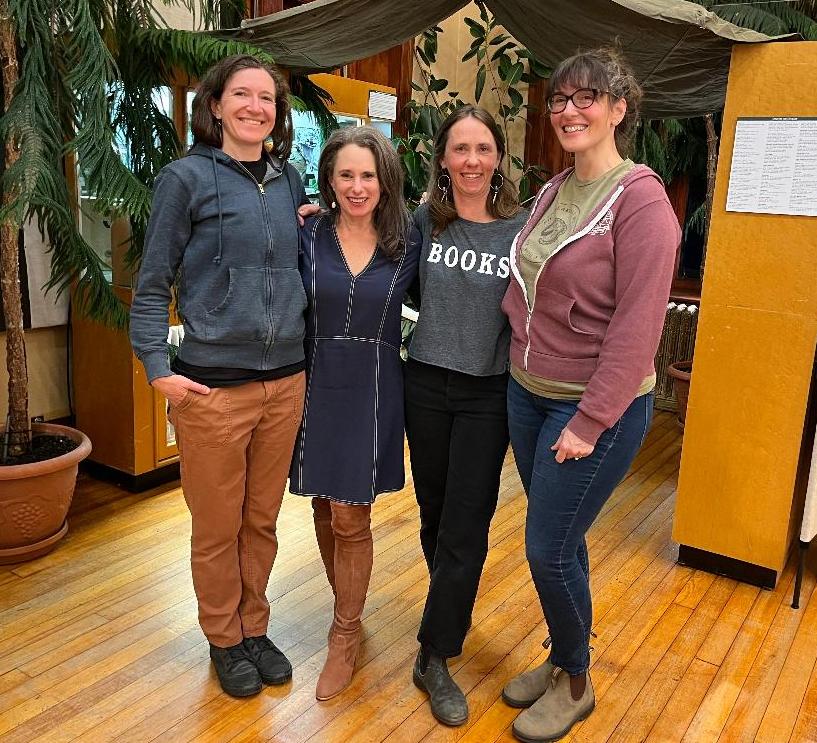
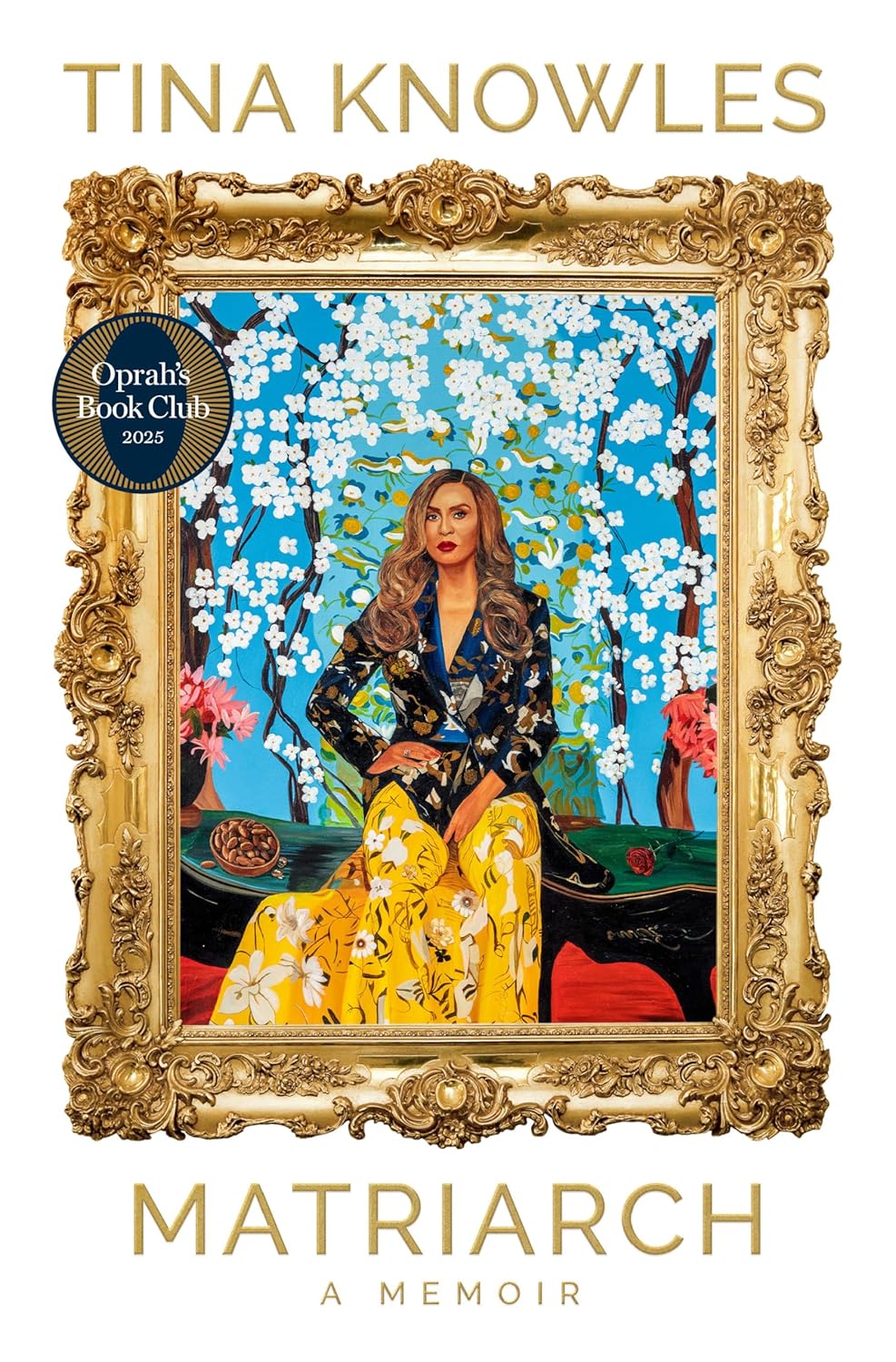 Oprah Winfrey has chosen Matriarch by Tina Knowles (One World) as the latest Oprah's Book Club Pick,
Oprah Winfrey has chosen Matriarch by Tina Knowles (One World) as the latest Oprah's Book Club Pick, 
 Under the Gulf Coast Sun
Under the Gulf Coast Sun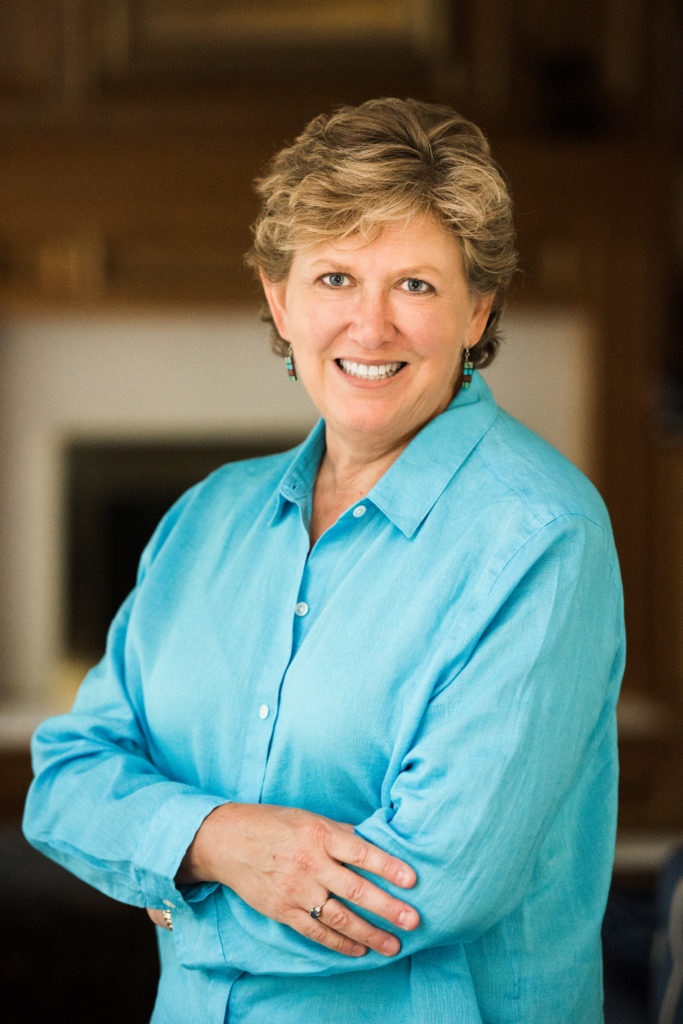
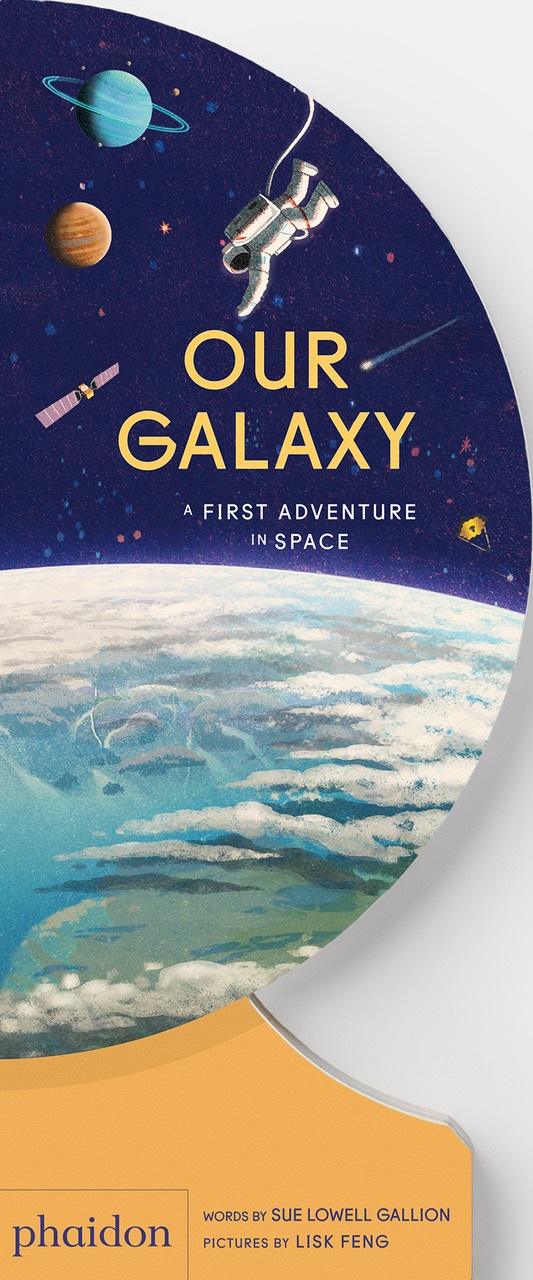 Book you've bought for the cover:
Book you've bought for the cover: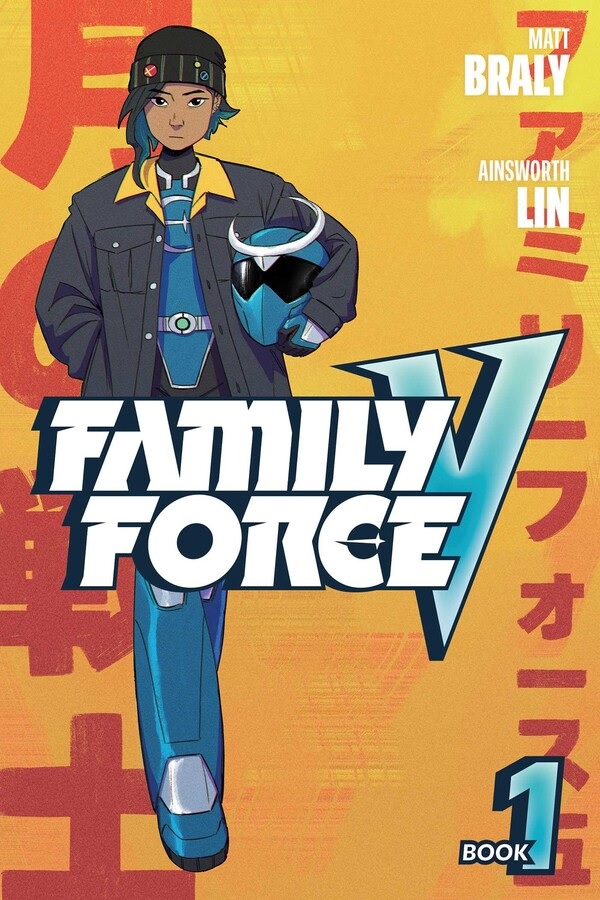 Thai American Matt Braly, creator of Disney's Amphibia animated series, makes a debut with the first installment of his marvelously energetic graphic novel Family Force V, which introduces 15-year-old Maise Shiraki, the oldest of three children in a Thai Japanese American family. Chinese American character designer Ainsworth Lin vividly illustrates Braly's kaiju-filled contemporary Los Angeles.
Thai American Matt Braly, creator of Disney's Amphibia animated series, makes a debut with the first installment of his marvelously energetic graphic novel Family Force V, which introduces 15-year-old Maise Shiraki, the oldest of three children in a Thai Japanese American family. Chinese American character designer Ainsworth Lin vividly illustrates Braly's kaiju-filled contemporary Los Angeles.